

2018-11-05 10:40:00 Mon ET
federal reserve monetary policy treasury dollar employment inflation interest rate exchange rate macrofinance recession systemic risk economic growth central bank fomc greenback forward guidance euro capital global financial cycle credit cycle yield curve
Former Fed Chair Janet Yellen worries about U.S. government debt accumulation, expects new interest rate increases, and warns of the next economic recession. Yellen points out that the current fiscal debt-and-deficit trajectory is unsustainable in the long run. The famous Sargent-Wallace unpleasant monetarist arithmetic rule suggests that if the government continues to accumulate fiscal deficits, incessant government debt issuance would induce higher inflation in the form of seigniorage taxes. Yellen also suggests that the U.S. Treasury might want to consider raising taxes with lower retirement expenditures. She observes the probable outcome that the current debt-deficit dilemma may exacerbate as more baby-boomers retire with greater retirement and health care needs.
With respect to monetary policy decisions, Yellen advocates gradual interest rate increases for better inflation containment in light of strong wage growth and labor market momentum. The current key interest rate hike helps ensure the sound-and-stable scenario that the U.S. economy cannot overheat due to cyclical tides. As of November 2018, the Federal Reserve has raised the interest rate 3 times year-to-date, and stock analysts and economists expect the FOMC to approve another key interest rate increase in December 2018. Yellen expects the next U.S. economic recession to be far off until late-2020. The next recession should be mild (but not deep and terrible).
If any of our AYA Analytica financial health memos (FHM), blog posts, ebooks, newsletters, and notifications etc, or any other form of online content curation, involves potential copyright concerns, please feel free to contact us at service@ayafintech.network so that we can remove relevant content in response to any such request within a reasonable time frame.
2019-06-09 11:29:00 Sunday ET
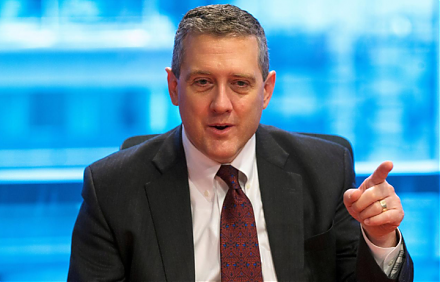
St Louis Federal Reserve President James Bullard indicates that his ideal baseline scenario remains a mutually beneficial China-U.S. trade deal. Bullard ind
2019-09-23 12:25:00 Monday ET
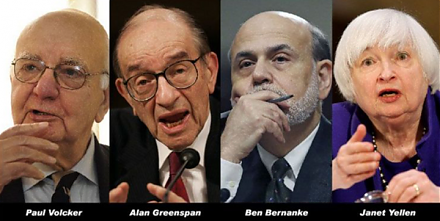
Volcker, Greenspan, Bernanke, and Yellen contribute to a Wall Street Journal op-ed on monetary policy independence. These former Federal Reserve chiefs unit
2020-01-15 08:31:00 Wednesday ET

Anti-competitive corporate practices may stifle U.S. innovation. In recent decades, wage growth, economic output, and productivity tend to stagnate as U.S.
2020-06-24 09:32:00 Wednesday ET
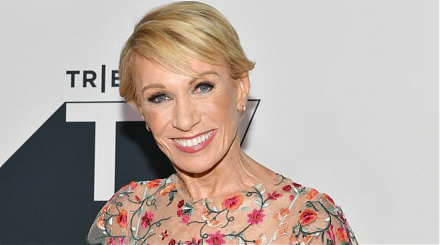
Several business founders and entrepreneurs take low risks with high potential rewards to buck the conventional wisdom. Renee Martin and Don Martin (2010
2020-11-10 07:25:00 Tuesday ET
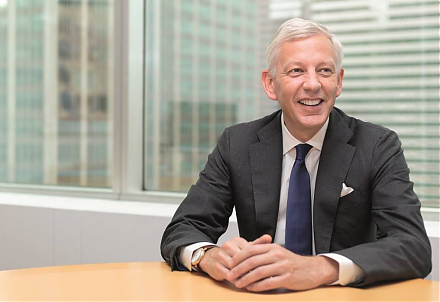
The McKinsey edge reflects the collective wisdom of key success principles in business management consultancy. Shu Hattori (2015) The McKins
2018-11-25 12:37:00 Sunday ET
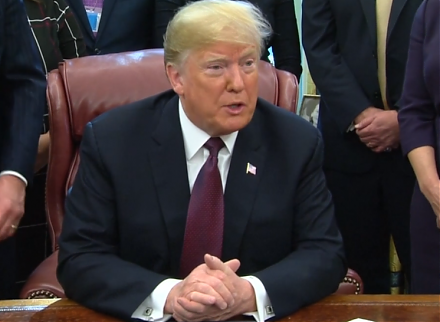
The Chinese administration delivers a written response to U.S. demands for trade reforms. This strategic move helps trigger more formal negotiations between